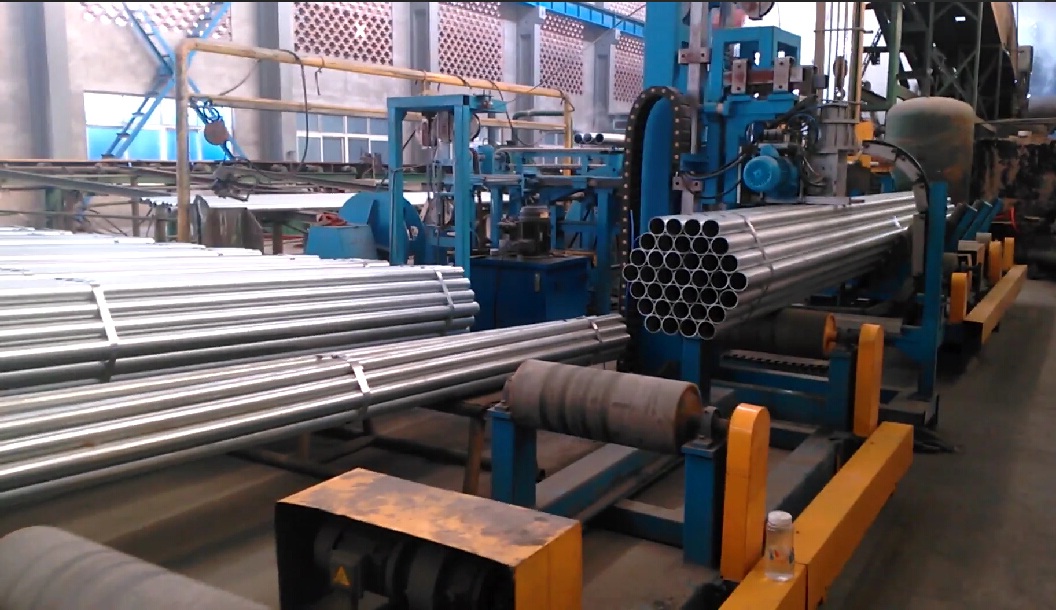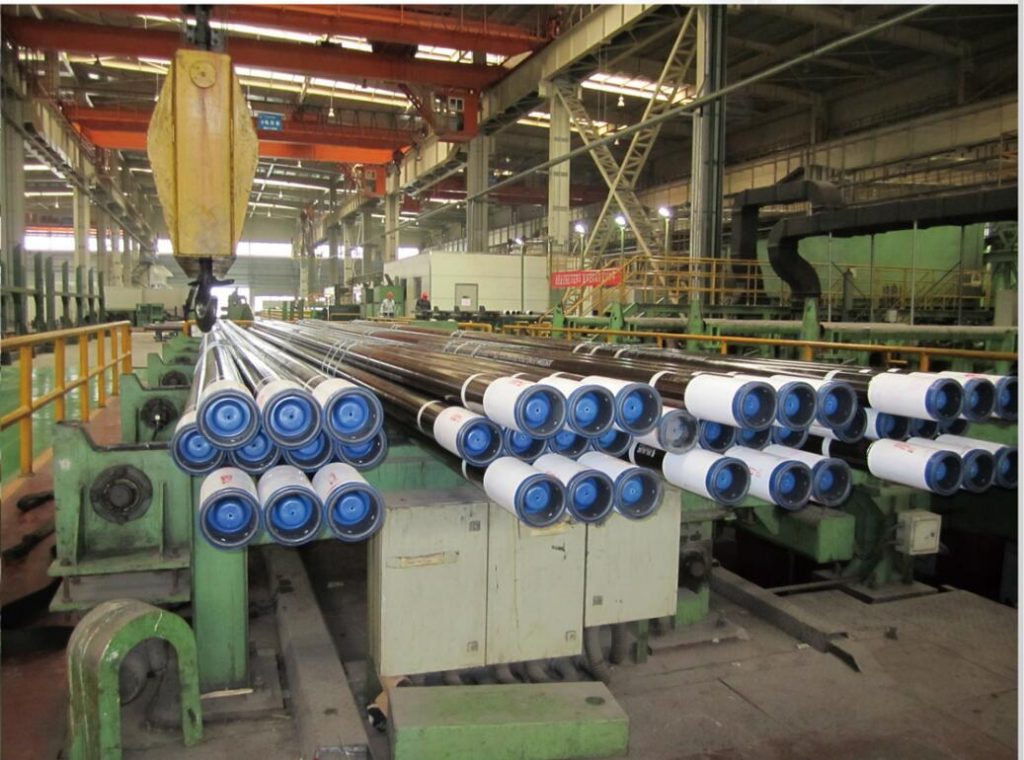Enhancing Pipeline Logistics: The Automatic Nodular Cast Iron Pipe Strapping Line
The secure and efficient handling of heavy-duty materials like nodular cast iron pipes (also known as ductile iron pipes) is a critical challenge in sectors ranging from municipal water infrastructure to large-scale construction. An Automatic Nodular Cast Iron Pipe Strapping Line represents a significant technological advancement designed specifically to address these logistical demands, ensuring pipe integrity and streamlining downstream processes. These automated systems are engineered to manage the substantial weight and dimensions characteristic of ductile iron pipes, providing consistent, high-tension strapping essential for safe storage and transportation.
Advanced Engineering for Heavy-Duty Applications
Modern automatic strapping lines for ductile iron pipes integrate several key technologies, drawing from innovations highlighted in material handling research and patent literature (e.g., advancements in automated tensioning systems and heavy-load conveyors). Core components typically include:

- Robust Infeed and Alignment System: Precision-engineered conveyors and positioning mechanisms handle individual pipes or pre-bundled formations, ensuring accurate placement for strapping. This minimizes manual handling risks and process variability.
- High-Tension Strapping Head: Utilizing either high-tensile steel or heavy-duty PET strapping, these heads are designed to apply significant, consistent tension (often configurable up to 8000 N or higher, depending on the model) without damaging the pipe coating or structure. Sealing mechanisms, whether notch-based for steel or friction-weld for PET, ensure long-lasting strap integrity. Research often compares the efficacy of steel vs. PET for such applications, considering factors like recoil safety, corrosion resistance, and cost-effectiveness, although steel remains prevalent for the extreme rigidity and weight of large-diameter DI pipes.
- Automated Control System: PLC-based systems with intuitive HMI (Human-Machine Interface) touchscreen panels allow for recipe management (pre-set parameters for different pipe sizes/bundle configurations), real-time monitoring, and diagnostics. Integration capabilities with plant-level MES (Manufacturing Execution Systems) or ERP (Enterprise Resource Planning) systems are increasingly common, enabling seamless data flow and operational visibility.
- Durable Construction: Frames and critical components are fabricated from heavy-gauge steel to withstand the demanding industrial environment and the loads involved, ensuring longevity and operational reliability.
Operational Parameters Overview
Please note: The following specifications provide a general guideline. For precise technical data corresponding to the equipment shown or tailored to your specific requirements, direct consultation is necessary.
- Machine Type: Automatic Nodular Cast Iron Pipe Strapping Line
- Reference Model: NCISL-5000 (Illustrative)
- Typical Year of Design: 2023 onwards incorporates latest control/safety features
- Pipe Diameter Handling Range: Commonly 100mm up to 1200mm (specific ranges vary by model)
- Compatible Strapping Materials: Steel (preferred for heavy DI pipe), High-Strength Polyester (PET)
- Maximum Strapping Tension: Typically up to 8000 N (adjustable, model-dependent)
- Operational Throughput: Varies with pipe size and strapping configuration, often up to 5 straps/minute per head
- Standard Electrical Configuration: Example: 480V, 60Hz, 3-Phase (customizable)
- Approximate Footprint: Line length can exceed 15 meters, depending on configuration
- Control Architecture: PLC automation with Touchscreen HMI
- Strap Width Compatibility: e.g., 32mm to 50mm (model specific)
- Integrated Safety Features: Emergency stop circuits, physical guarding, light curtains (optional), compliance with CE / ISO 9001 standards
- Standard Warranty: Manufacturer-specific (e.g., 2 years comprehensive)
- Support Services: Installation supervision and operator training often included
- Maintenance Options: Preventative maintenance plans typically available
Key Industry Applications and Benefits
The deployment of automated strapping lines for nodular cast iron pipes yields substantial benefits across various industrial contexts:
-
Large-Scale Water Supply & Infrastructure Projects:
Ductile iron pipes are fundamental to modern water and wastewater systems. Ensuring these large, heavy pipes (often exceeding 1000mm diameter) arrive undamaged is paramount. Automated strapping provides secure bundles that withstand the rigors of transport and handling, minimizing project delays caused by damaged materials. The consistency of automated strapping helps meet stringent project specifications for material handling and storage, enhancing overall supply chain reliability for critical infrastructure development. -
Construction and Civil Engineering:
On construction sites, the timely delivery and safe handling of materials are crucial. Securely strapped pipe bundles simplify unloading, storage, and movement around potentially uneven terrain. Automated strapping ensures load stability during transport, reducing the risk of accidents and material damage. This contributes directly to site safety protocols and helps maintain tight project schedules by ensuring materials are ready for installation when needed. -
Pipe Manufacturing and Distribution Centers:
For manufacturers and distributors, throughput and efficiency are key performance indicators. Automating the strapping process significantly reduces manual labor requirements, lowers operational costs, and minimizes ergonomic risks associated with handling heavy pipes and strapping tools. Consistent, high-quality strapping enhances the perceived value and protection of the product during storage and shipment, optimizing logistics from the factory floor to the end-user. As noted in publications like Packaging World, automation in end-of-line packaging continues to be a major driver for efficiency gains in heavy industries.
For further technical specifications or to discuss how an automatic strapping solution can be integrated into your operations, please contact info@fhopepack.com.


